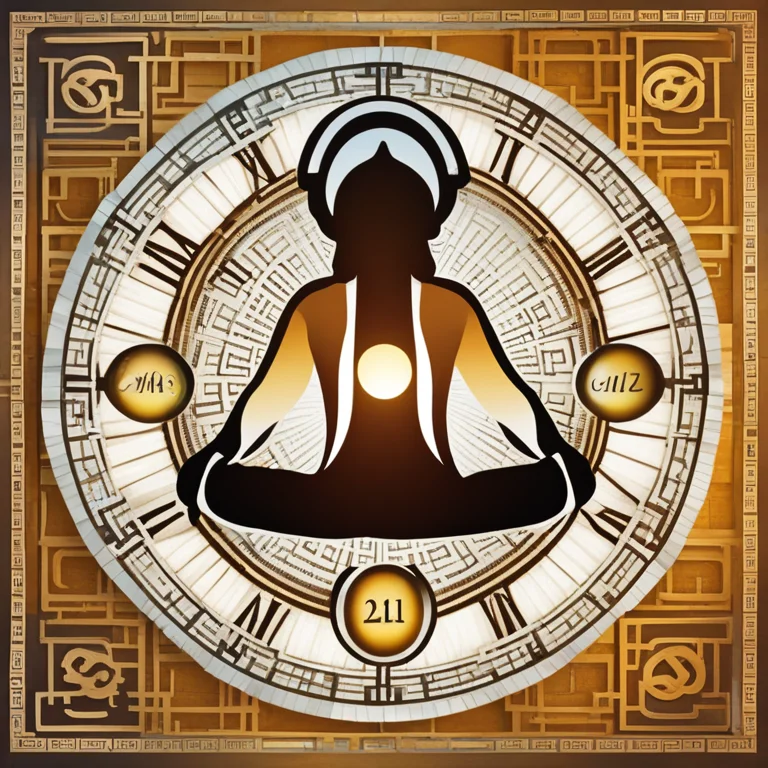
How Meditation Tame Your Anger?
Discover how meditation can become a powerful tool for managing and reducing anger, fostering a sense of calm and emotional control.
article by Hina Kurosawa
Anger in the Modern World
Today's fast-paced world often triggers a spectrum of emotions, with anger being a common response to stress and pressure. Anger is not inherently bad; it is a natural human emotion that signals when something is amiss. However, when anger becomes frequent or intense, it can lead to problems in personal relationships, work performance, and overall quality of life. In recent years, meditation has gained recognition not only as a practice for relaxation but also as an effective strategy for emotion regulation, particularly anger.

Meditation and Emotional Management
Meditation encompasses a variety of techniques, from mindfulness to focused attention, all aimed at bringing a person into a state of awareness and peace. The process involves slowing down, breathing deeply, and mindfully observing thoughts and feelings without judgment. This mindfulness technique helps in recognizing early signs of anger, allowing individuals to address these feelings proactively rather than reactively.

Scientific Backing on Meditation's Impact
Research in the early 2020s consistently shows that meditation can indeed help manage and reduce anger. A study from 2022 revealed that regular meditation lowers the levels of cortisol, the stress hormone, which is often linked with increased anger and aggression. Moreover, meditation promotes neuroplasticity, improving the mind's ability to regulate emotions and respond to stressors more calmly and thoughtfully.

Integrating Meditation into Daily Life
Incorporating meditation into one's daily routine does not require hours of commitment. Even short sessions of 10 to 15 minutes can be beneficial. Starting the day with meditation can set a positive tone, enhancing one's ability to cope with stress and mitigate anger throughout the day. Additionally, practicing meditation during moments of frustration can redirect the anger response and cultivate a more measured and controlled reaction.

Type of Meditation for Anger
While various forms of meditation exist, some specific types have shown particular promise in anger management. Loving-kindness meditation (LKM), for example, is a technique focused on developing feelings of goodwill and kindness toward oneself and others. It directly counteracts feelings of anger and hostility, fostering a more compassionate response to the anger-inducing situations one might encounter.
Final Thoughts
Meditation is not a quick fix, nor does it eliminate anger completely; it is a practice that aids in gaining greater mastery over one's emotions over time. By committing to regular practice, individuals can expect to see a gradual reduction in the frequency and intensity of their anger, leading to improved relationships, productivity, and personal well-being.
Published: 1/9/2024
Modified: 1/9/2024
More predictions
Come back here soon to learn more about yourself and your future


Mindful Rest: Integrating Meditation & Sleep for Well-being
Discover the synergy of meditation and sleep in enhancing mental, emotional, and physical health. This article delves into practices that combine these powerful restoration tools.


Retreat into Serenity: A Meditation Haven
Discover the transformative power of a meditation retreat and find tranquility for mind, body, and spirit in our comprehensive guide.


The Harmony of Meditation and Sleep
Discover the synergistic benefits of meditation for enhancing sleep quality and overall well-being in this insightful article.